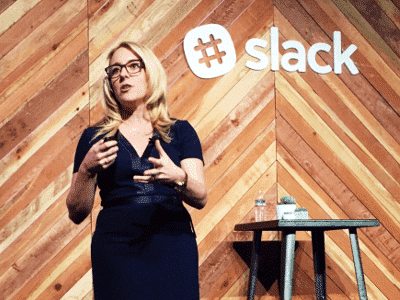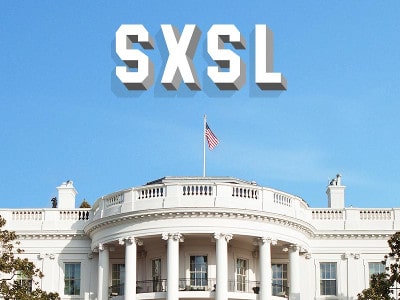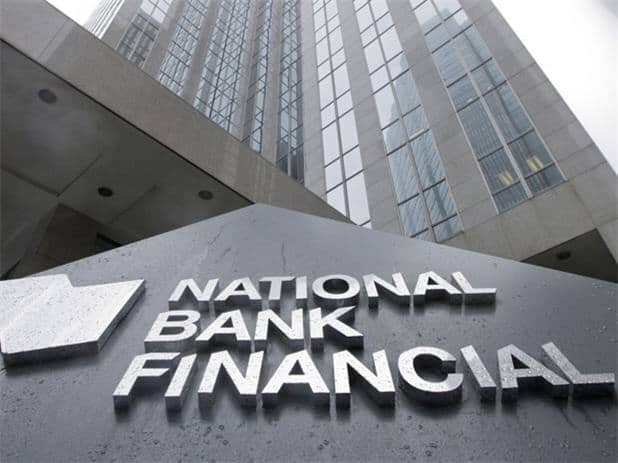
 Slack has announced both the launch of its App Directory, which will allow users of the Slack platform to choose apps for workplace collaboration without the need rely on third-party outsiders, and the Slack Fund, an $80 million fund backed by Slack and six of its co-investors, Accel, Andreessen-Horowitz, Index Ventures, KPCB, Spark, and Social+Capital.
Slack has announced both the launch of its App Directory, which will allow users of the Slack platform to choose apps for workplace collaboration without the need rely on third-party outsiders, and the Slack Fund, an $80 million fund backed by Slack and six of its co-investors, Accel, Andreessen-Horowitz, Index Ventures, KPCB, Spark, and Social+Capital.
The Slack Fund is the place to go if you’re an app developer interested in making a “Slack-first” app for the App Directory, as well as pre-existing B2B or enterprise app-makers who want to integrate their offerings with the Slack platform.
The Fund will allocate investments typically between $100,000 to $250,000 for seed-stage companies.
And to facilitate all that, Slack is introducing Botkit, developed by Howdy, a framework for Slack app development.
Howdy, which was one of three investments already made out of the Slack Fund, was responsible for developing its self-named app, which conducts status-update meetings to coordinate Slack’s feedback collecting built-in bot.
The App Directory is launching with 150 apps, including well-known third-party apps like Dropbox, Google Drive, and Twitter, as well as a host of lesser-known offerings, such as Awesome, which summarizes a user’s activity.
This move to consolidate both native and outsider apps under the Slack umbrella is a move to take on behemoth enterprise platforms like Salesforce.com, which also offers its AppExchange, not to mention that it removes the element of chaos previously presented by Slack in using third-party collaboration apps like Dropbox without direct integration into the platform.
Likewise, Salesforce also has an investment vehicle for helping app developers to either create native content for its platform or integrate existing solutions, as do Cisco and Intel which are both very active on the investment front.
Cisco recently added voice and video conferencing capabilities to its Spark tool, a workplace collaboration platform that’s a direct competitor to Slack.
Slack, a workplace collaboration platform started by Vancouver’s Stewart Butterfield after the collapse of his well-loved but unsuccessful game Tiny Speck, has become a Silicon Valley darling, valued at an almost comically abstract amount of money ($2.8 billion at last count).
Slack now claims that its active daily user base has nearly doubled since June, to 2 million, whereas in February that number stood at 500,000.
In addition to the free service, which offers limited functionality, 570,000 users work for companies that pay $7 for additional features, with the percentage of users who pay hovering between 25% and 30%, a figure that has remained consistent since Slack launched, albeit now with a much larger user base.
Leave a Reply
You must be logged in to post a comment.






 Share
Share Tweet
Tweet Share
Share




Comment